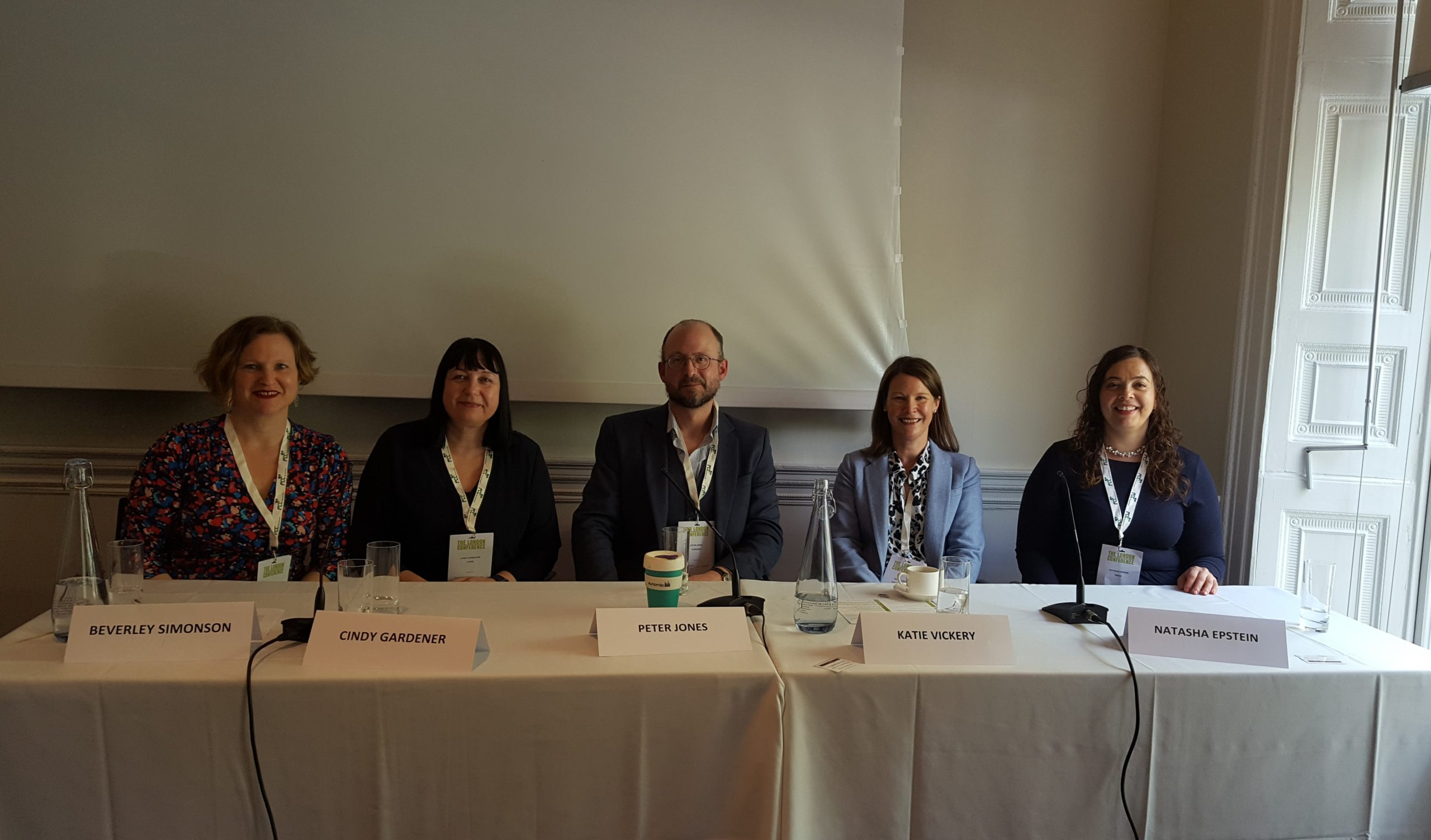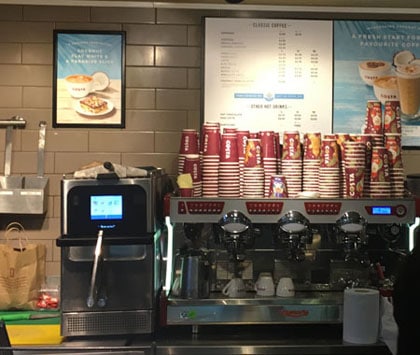The discussion was hosted by Beverley Simonson, senior advisor at ReLondon with speakers from consultancies, local authorities and waste management companies.

Pandemic
Peter Jones, principal consultant at Eunomia Research and Consulting, thought that “the experience of authorities [of the pandemic] varies considerably”.
One experience highlighted by the panel was the pressure on the workforce during the pandemic. According to Natasha Epstein, senior contract manager at Serco, the impact that can be seen now is “on the general wellbeing of staff”. “They have been hit by two years of full-on operations in strenuous conditions and are now feeling the pressure,” she said.
Waste volumes were also discussed. Ms Epstein said that the company hadn’t seen a change in volumes across its contracts although there was “no fly tipping” at all during the first few months of the pandemic.
Cindy Gardener, head of recycling, circular economy and ward improvement, at the London Borough of Hounslow, said that Hounslow had seen a 20% increase in household waste in 2020.
Ms Gardener added that Hounslow had to procure an additional vehicle for servicing flats and that garden waste service subscriptions increased as well, most likely “because people had more time to separate and work in their gardens”.
On the commercial waste front, volumes had changed dramatically according to Mr Jones, He remarked that “London has been wiped out of commercial waste, which is coming back up again as people have been returning to offices”.
Booking systems
The pandemic also saw some practices put in place to help with social distancing, including booking systems at household waste and recycling centres (HWRCs). Ms Gardener noted that Hounslow is looking to keep the systems, as “they have allowed local authorities to gather important data on the type of deposited waste and knowledge of busy periods.”
EPR
Panel discussion then turned to the proposed upcoming EPR legislation which follows the government consultation response published in late March. The changes are set to come into effect from 2023.
Katie Vickery, international regulatory and compliance partner at legal firm Osborne Clarke, advised that “the government will set out principles but as a local authority you’ll have to demonstrate how you achieve them”.
Ms Gardener said that 26% of responses to the government consultation came from local authorities. And she highlighted litter as one challenging area.

According to Ms Gardener, a hurdle for local authorities is the separation of street litter and litter bins as they are collected at the same time, they go into the same bags and into the same hopper. The government has proposed that littered waste does not come under the EPR regime.
“The government kicked all the hard issues down the road, including commercial waste. Additionally, there is no answer on how clean the street should be,” Mr Jones claimed.
Ms Vickery explained that it is not good for businesses to see their litter on the street, and many manufacturers are already working on improving their packaging but that it comes down to the consumer.
Coffee cups

Part of the EPR legislation is a mandatory take-back scheme for coffee cups by 2024.
“Coffee cups are one of the most littered things and this requires a behaviour change. There are still large areas of London littered with recyclable material,” Ms Gardener suggested.
Mr Jones said there are models already in place, like a cup deposit scheme. “One option is local authorities sponsoring local cup scheme to help facilitate all the coffee shops in the area – there’s a lot of room to be creative,” he added.











Subscribe for free